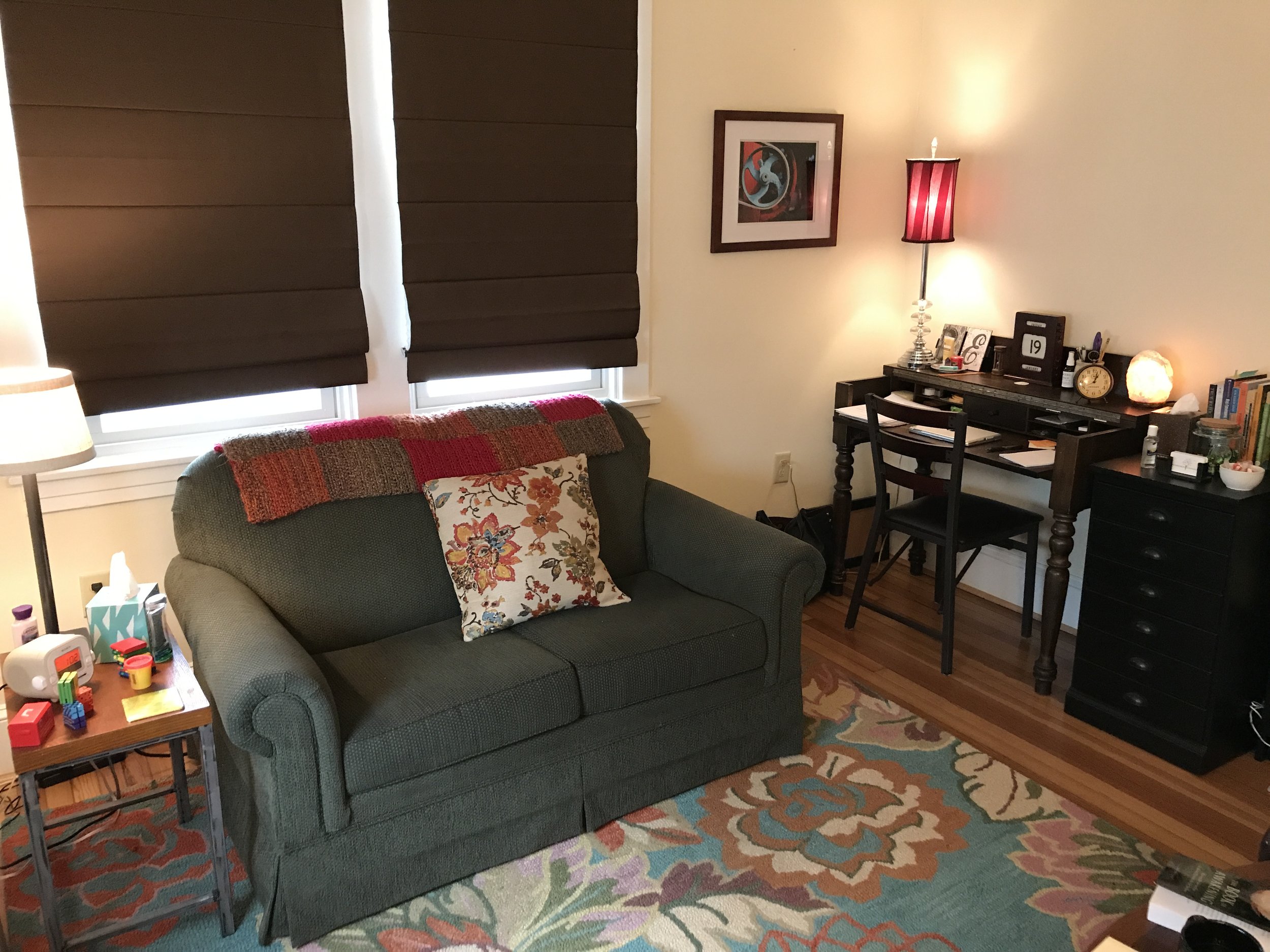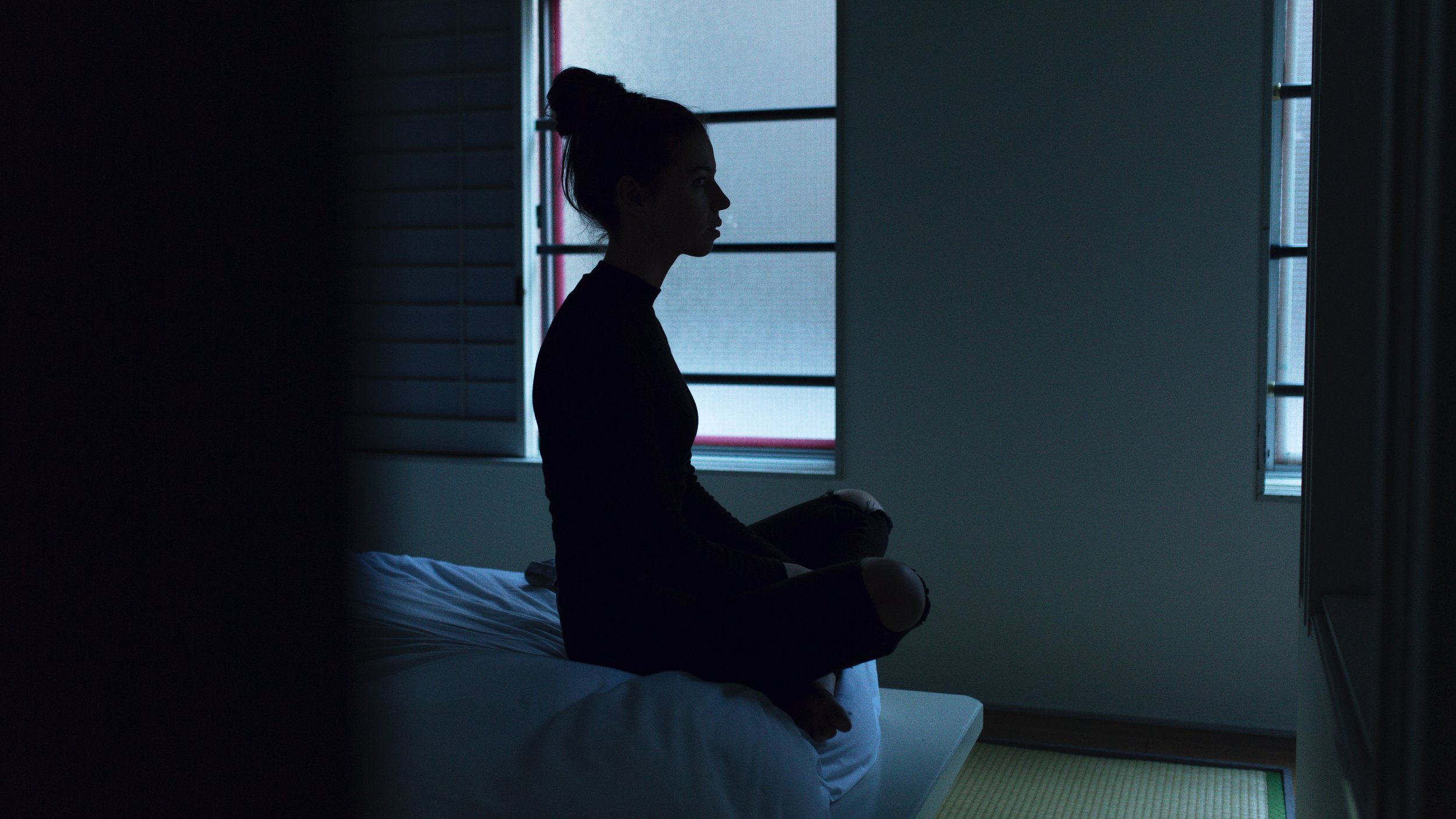Many of my clients come to me because they experience a lot of stress and anxiety and want help learning how to manage it more effectively. As therapy progresses, it becomes evident that the deeply held feelings they have about themselves create or trigger their anxiety.
Uncovering these self-perceptions often takes time because they’re usually unconscious, only showing themselves when the anxiety starts to ramp up. As we work together, those buried beliefs begin to appear.
Some of the common themes that I hear from my clients include:
The fatal flaw is just a feeling
I am not enough.
I will always disappoint those who care about me.
I am unlovable.
There’s something in me that’s broken or flawed.
If they knew the real me, they wouldn’t like me.
Others will never see me for who I really am.
If You Feel Flawed, You’re Not Alone
My clients are often surprised when I tell them that their experience is not unique. Many of my clients hold similar beliefs about themselves.
In fact, at times in my life I’ve struggled with feeling deeply flawed as well. I used to tell myself that there was something wrong with me. I thought it explained why I had difficulty creating meaningful connections with the people in my life.
Feeling this way can cause a lot of pain. My clients tell me they believe that feeling broken or flawed is just who they are, and that it’s unlikely to ever change. That leaves them feeling sad, lonely and different from others. Therapy helps them better understand what occurred in their life to make them feel that way, and then we work on incorporating strategies in daily life to help them connect to more deeply with their true selves.
How To Handle The Feeling Of Being Flawed
In an article that Dr. Jonice Webb shared with me for this blog, she describes this experience as The Fatal Flaw. She describes “The Fatal Flaw: A deep-seated feeling that something is wrong with you. You are missing something that other people have. You are living life on the outside, looking in. You don’t quite fit in anywhere.”
Dr. Webb shares that “The Fatal Flaw is just a feeling.” In order to manage the feeling, we have to take charge. Here are some steps you can take that can help:
Talking about your feelings can help
Notice when The Fatal Flaw shows up.
Name the feeling when it happens.
Talk about it with others. (This can be the hardest part but you might find that others feel the same way.)
Be compassionate with yourself when you feel flawed, different or damaged.
Seek therapy to help you begin to get more in touch with all of your feelings. Listening and understanding what you’re feeling and why helps to create a deeper connection with yourself. That connection with your self can lessen and often rid you of that fatally flawed feeling.
What I’ve learned in my own work and working with my clients is that learning to name, trust and truly feel your feelings helps you to feel more connected with your Self. If you’re constantly pushing away, ignoring or avoiding your feelings and thoughts, you’re never getting in touch with you, all of you — the good and the bad, the scared and the lonely, the excited or elated, the angry and the hurt — all of your beautifully imperfect parts.
Elizabeth Cush, LCPC is a therapist and the owner of Progression Counseling in Annapolis, Md. She helps busy, overwhelmed men and women manage their anxiety and stress so they can live their lives with more ease, contentment and purpose. If you'd like to know more about how individual and group therapy can help ease anxiety and stress call me 410-339-1979.
Photo by Naqi Shahid and Eye for Ebony on Unsplash








































